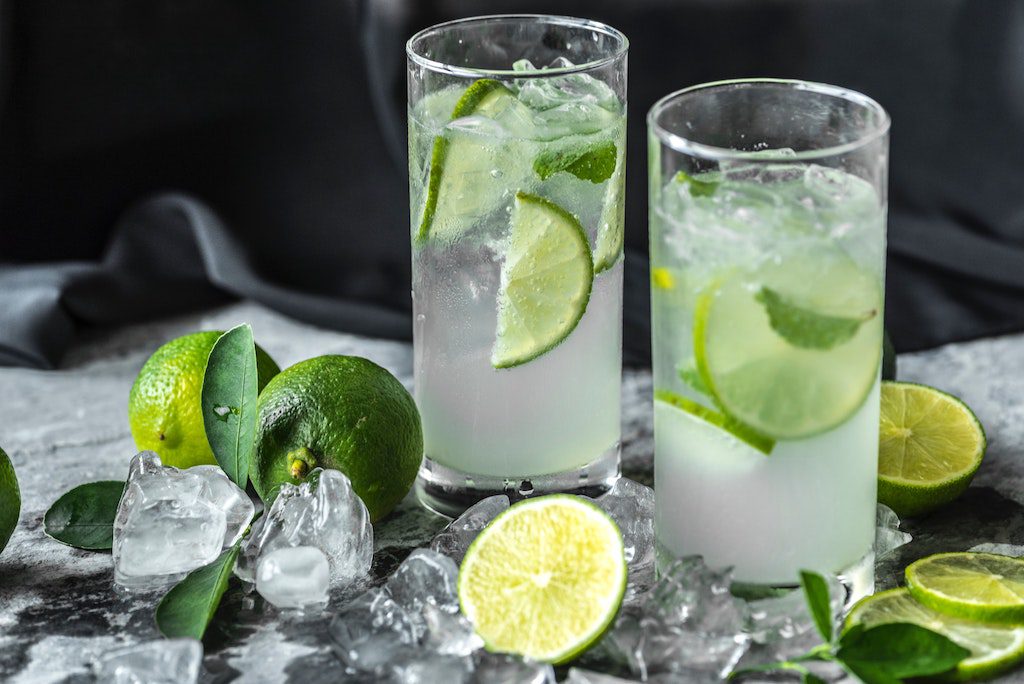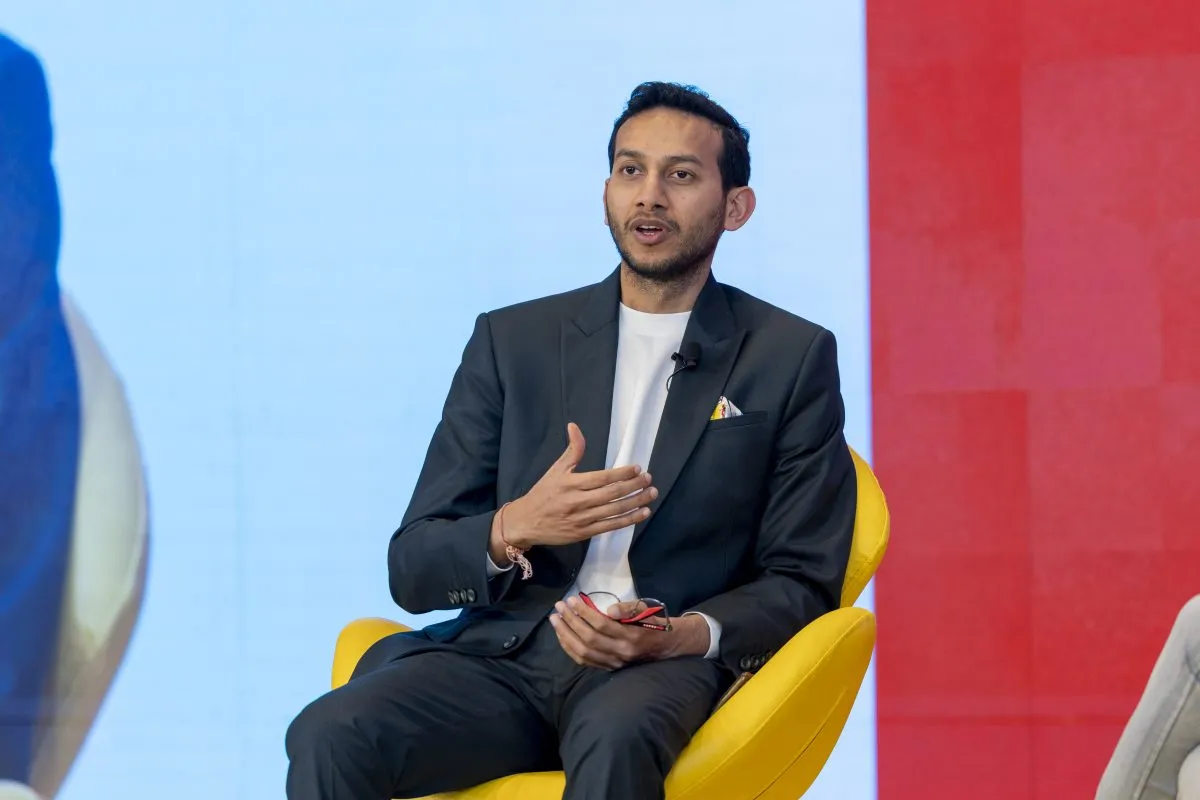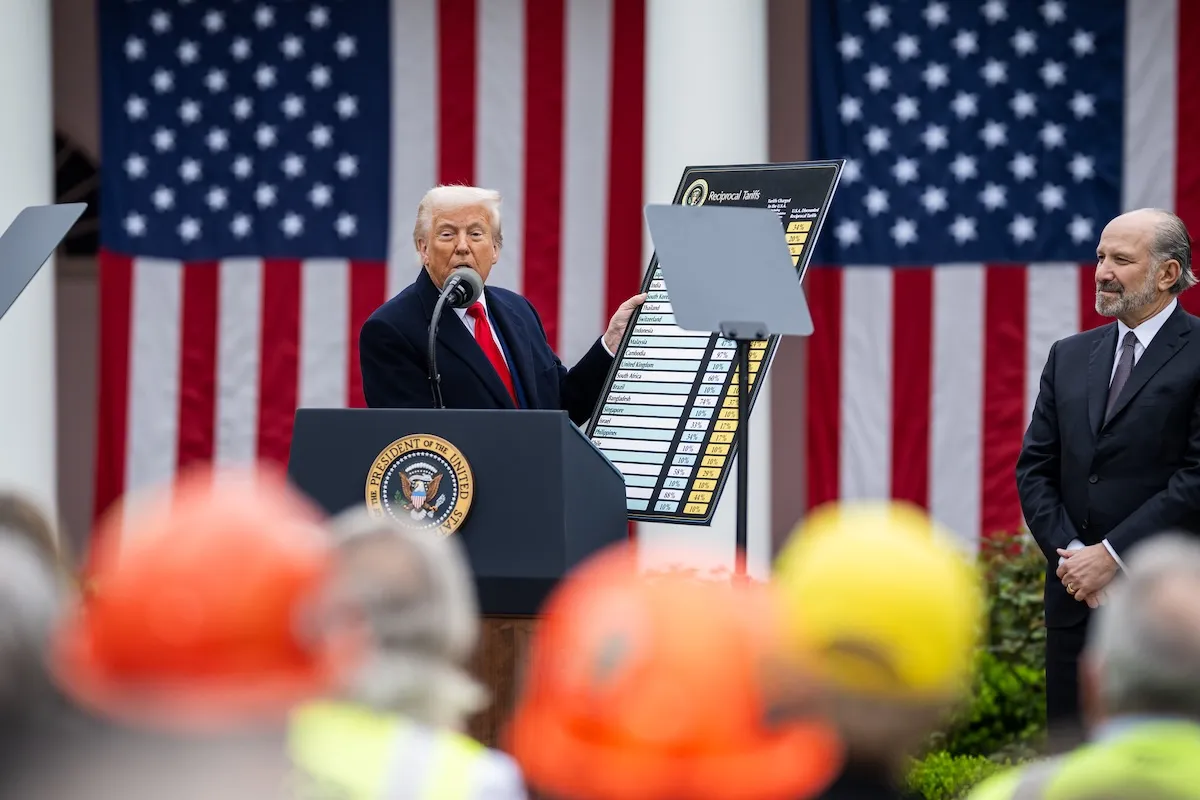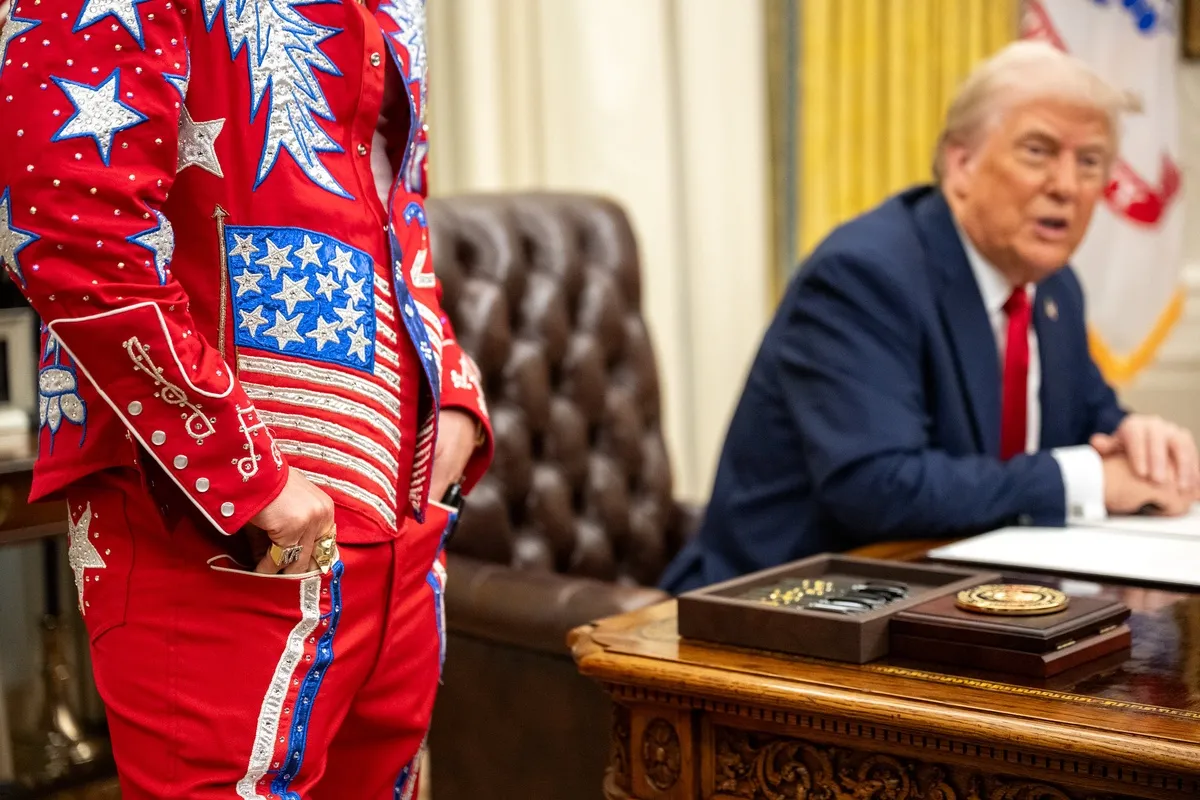Beverage Brands Get In on Growing 'Sober Curious' Movement

Skift Take
The idea of the mocktail has been around for a while. When at a bar, teetotalers have long been inclined to order virgin cocktails or club soda with lime. But as millennials and Gen Z embrace better-for-you practices even in their vices, the mocktail category is getting a makeover.
The idea of a spirited beverage without the spirits is appealing to today’s sober curious. Yep, that’s a thing. Being sober curious is not about abstaining from alcohol altogether. Instead, it’s a new, mindful approach to drinking — or not drinking — for the wellness devotee.
As Brandy Rand, chief marketing officer of The IWSR, which tracks the beverage and alcohol industry, told Bon Appétit, "25- to 44-year-olds are 'significantly trying to reduce their alcohol intake.'" That’s likely why the market for low- to zero-alcohol beverages is expected to grow by 32 percent between 2018 and 2022. And while many of these drinks are being produced by small-batch entrepreneurs, Big Alcohol and Big Beverage are embracing an alcohol-free future as well.
European brands like Heineken and Guinness are importing their nonalcoholic beers into the U.S., and Anheuser-Busch InBev — the parent of Budweiser, Beck’s, and Stella Artois among others — promises to fill at least 20 percent of its global portfolio with nonalcoholic beer by 2025. Meanwhile, about a quarter of the portfolio of Distill Ventures, the venture capital arm of Diageo, which owns Guinness, Johnnie Walker, and Smirnoff, is now dedicated to the alcohol-free spirit space.
Even Coca-Cola is recognizing that non-drinkers want to sip on something more sophisticated than a bottle of soda. Its alcohol-free Bar Nøne brand was introduced earlier this year. This means the sober curious will have more choices than ever in terms of what to drink and where to drink it.
For feedback or news tips, reach out via email at lp@skift.com or tweet me @dailysuitcase.
— Laura Powell, Skift Contributor
Food & Drink
The Rise of the No-Booze Buzz: The wellness craze has stumbled upon the bar scene, and alcohol-free spirits and places to drink them are popping up across the largest cities in the U.S. And by slapping on a wellness label, these newbies can charge a premium for their products. Read more here.
The wellness craze has stumbled upon the bar scene, and alcohol-free spirits and places to drink them are popping up across the largest cities in the U.S. And by slapping on a wellness label, these newbies can charge a premium for their products. Read more here.
Burger King Serves Up a Mental Health Message: Using depression as a marketing tool doesn’t seem quite kosher. But in support of Mental Health Awareness Month — and in a diss to McDonald's — Burger King partnered with the nonprofit Mental Health America to bring awareness to the issue through its Real Meals boxes, labeled with different moods and colors. We might suggest that fast food of any type is not likely to alleviate depression. Read more here.
Beyond Meat’s Stock Market Success Is Beyond Expectations: Given the almost-daily reporting that yet another fast food chain is adding plant-based protein products to its menu, it’s probably not a surprise that Beyond Meat’s first day on Wall Street was a big deal. Since Beyond Meat is the first plant-based meat alternative to go public, one wonders whether similar success can be replicated by competitors. Read more here.
CBD
Hazy Cannabis Laws Lead to Unintended Consequences: The country’s patchwork of laws regulating cannabis is causing headaches for distributors of CBD-infused products. Laws regarding cannabis, hemp, and CBD differ among the states, as well as between states and the federal government. The haze is leading to a rash of unexpected arrests and uneven law enforcement. Read more here.
Technology
Technology's Long History of Impacting Mental Health: Every generation has its new technology, whether it's radio, television, or smartphones. And what’s en vogue in any era can affect how people feel, behave, and express themselves. But the ways smartphones influence mood, habits, and mental health become even more significant given their ubiquity. As technology changes us, one can’t help but wonder whether we are in control of our technology or if it's now in control of us. Read more here.
Skift Contributor Laura Powell [lp@skift.com] curates the Skift Wellness newsletter. Skift emails the newsletter every Thursday.





